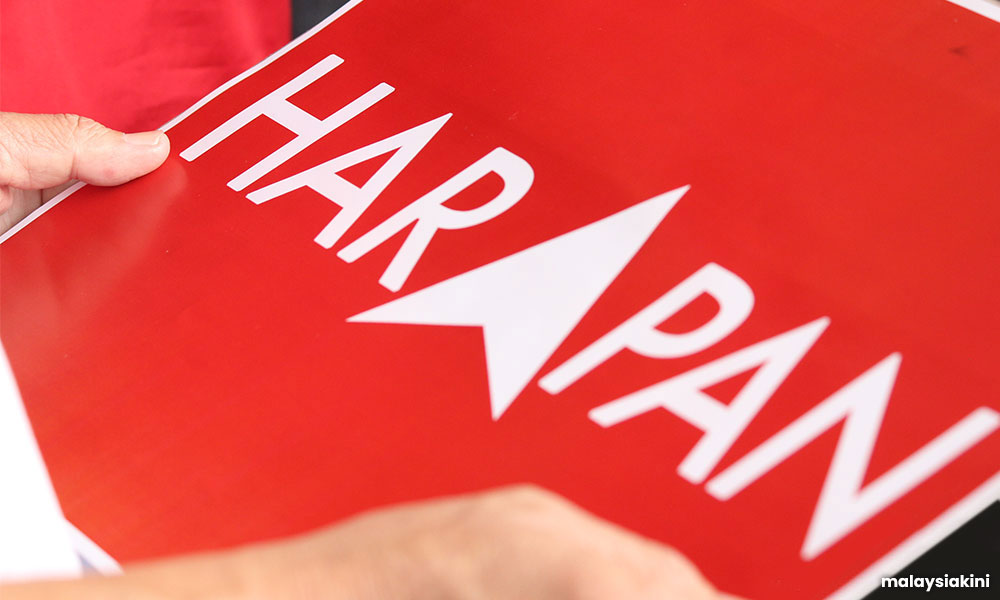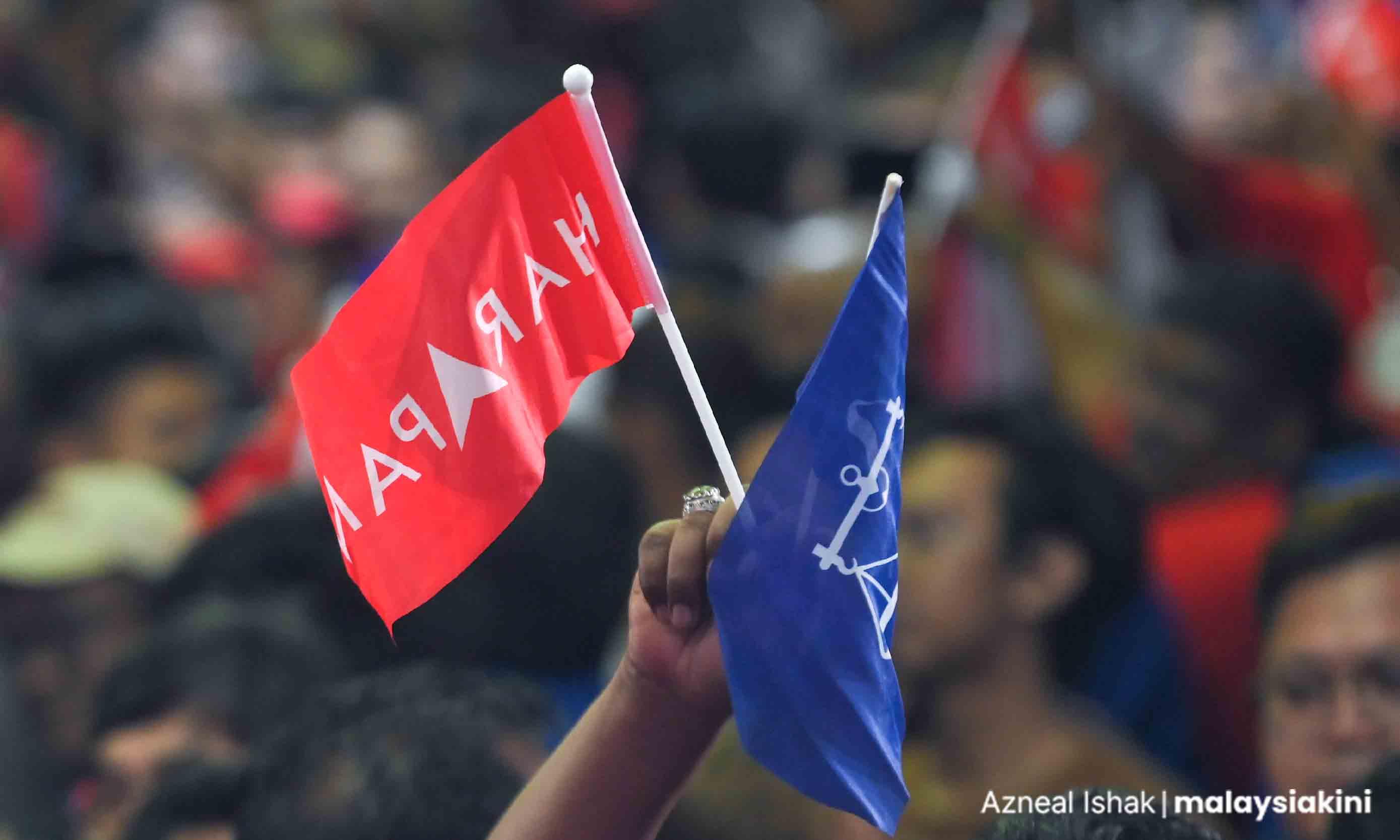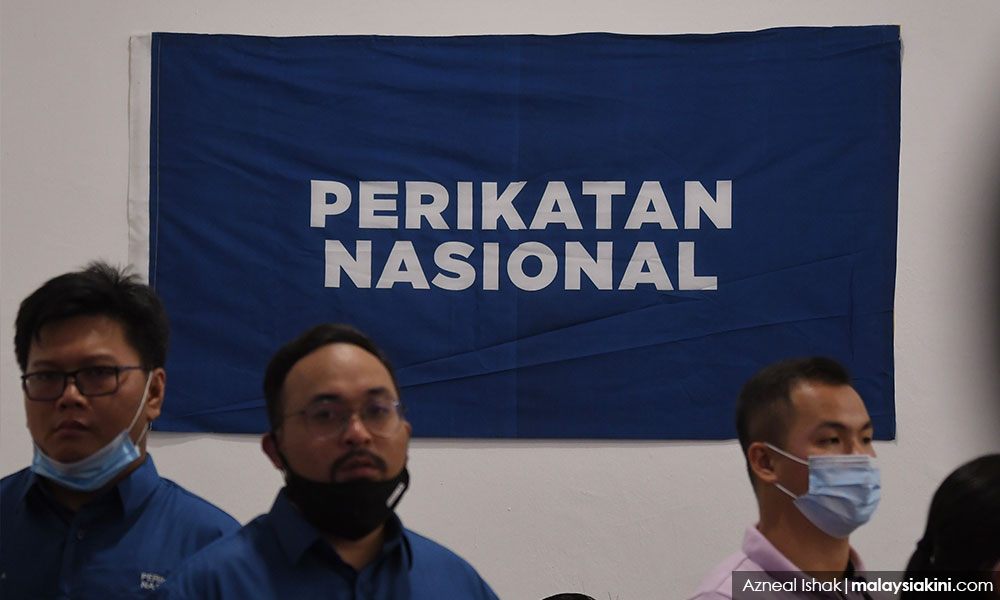INTERVIEW | While the idea of banning political parties that champion one race or religion above others might seem attractive, political scientist Wong Chin Huat believes it is not a practical way forward for Malaysia.
Speaking to Malaysiakini about the need for proactive action to help shape the country’s ongoing but as yet unclear, political realignment, he said in the event of such a move, existing political parties would most likely just rebrand superficially but focus on the same causes.
“The idea of banning ethnic and religious-based parties is tempting for many liberals but it will not be effective and feasible. If there is such a legal ban, parties would have no qualms about removing the positioning of ethnicity or religion in their constitution but still champion the same thing.
“Even if the law demands multiethnic membership, parties would have no problem recruiting some ‘decorative members’ to meet the requirement,” he said.
He also feels that too many parties have built up a base that relies on the focus on just one race and religion.
“Whether government or opposition parties, the likes of Umno and PAS would go against it. And it would be just another Icerd (International Convention on the Elimination of All Forms of Racial Discrimination) storm. So, who would do it?
“If we want ethnoreligious politics to fade away, we should think about market forces instead of laws. To reduce the salience of ethnicity, religion and language in politics, we simply need to encourage other divisions that would cut across these identities, it can be class, generation (young versus others), gender, or environment versus development.
“That would require a change of our electoral system and reform of our Parliament and assemblies to give room for non-identity issues,” he said.

Wong noted that because multiparty democracy is premised on division, there is a need to cultivate healthy and productive divisions, not counting on unity or letting the natural divisions dominate national politics.
He was also cautious when asked if a merger of Pakatan Harapan parties like DAP, PKR and Amanah to create a large multiethnic, multireligious party would benefit both voters and the parties themselves.
“A merger would work if the involved parties have shared or largely similar preferences and the new party has an inclusive mechanism in electing their leaders, such that leaders from the merged parties won’t end up in bitter factions fighting against each other.
“A merger of PKR and Amanah may work if the second concern is addressed. The merger of DAP and PKR may be counter-productive as the new party may be too mundane to appeal to the original bases of the two parties,” he said.
Wong stated that even with the benefit of close collaboration, product differentiation is necessary as voters may have vastly different preferences.
“Metaphorically, sometimes people get along well staying in different rooms in the same house, but not so if they stay in the same room. A bit of distance can make life happier,” he added.
Harapan-BN grand coalition
On a similar principle, he said while there is increased cooperation between Harapan and BN, especially Umno, formalising the cooperation into a grand coalition could have counter-productive results.
“If Harapan and BN merge into a single coalition, PN will emerge as the largest coalition in the peninsula and PAS would likely have its first prime minister by the 16th general election.
“This is because the majority of Malay voters in the peninsula would choose a monoethnic bloc over a multiethnic bloc if they had a binary choice.

“Even without the merger, Umno and by extension BN would still face an uphill task to survive, because they cannot outMalay Perikatan Nasional and yet they have not developed a new appeal beyond ethnonationalism such as credentials in governance while having only a shadow of what they had in patronage power,” said Wong.
He also opined that if PAS dominated the next federal government, Sarawak voters would likely throw stronger support to Gabungan Parti Sarawak, which would spell DAP’s decline.
“Sabah’s evolution would be hard to predict as PAS would certainly want to expand its power and ideology in the Muslim-majority multiethnic state.
“This would evoke opposition from the liberal Muslims and non-Muslims, but it is hard to guess where would their votes go to as it is unclear which Sabah party or bloc would play to PAS’ tune,” he said.
First past the post
In today’s Malaysia, there is plenty of talk but little action when it comes to proportional representation, recall elections, city council elections, elected Senate, and quotas for women leaders.
What can be done to change this talk into action, and why are they so badly needed?
“These reforms would deconcentrate power and reduce majoritarianism. They are not only good for the nation but also for medium and small parties that have no chance to establish or claim dominance like Umno.
“They are also good for young smart politicians (the opposite for the less smart ones) as a more open system would shorten their time to shine and climb to the top,” said Wong.

He said once enough political parties and politicians recognise this new reality, that they should buy insurance (reducing the risk of them getting wiped out) rather than gamble (betting on the chance that they would win big), such reforms would naturally happen.
“To make this happen sooner rather than later, we need more political developments that make it hard for anyone to win a simple majority. In other words, keep Parliament hung for at least a few more rounds so that politicians lose their gamblers’ confidence.
“If party list seats are introduced (serving especially Umno, Harapan and East Malaysian parties’ interest If they realise it), then the current format of three national blocks (Harapan, PN and BN) and three regional blocs (GPS, Gabungan Rakyat Sabah and Warisan) would likely remain.
“Even though non-communal parties like Muda, PSM and potentially a Green Party may win some seats at the expense of some players in the 3N3R blocks,” he said.
On the other side of the coin, there are still many small parties trying to build on the old school lines - for example, race-based parties set up by former Penang deputy chief minister P Ramasamy and ex-minister P Waythamoorthy are joined by the Malaysian Indian People’s Party, Makkal Sakthi Party and other small ones.
Wong said the emergence of small ethnic parties is driven by unaddressed grievances such as those that many Indian Malaysians feel now.
“Nonetheless, this would be checked by the ruthlessness of the first past the post competitions.
“So, until ethnic grievances are addressed or lose their salience, small ethnic parties would continue to come and go,” he predicted.
Similarly, many once-influential parties like MCA, MIC, Gerakan and People’s Progressive Party are lingering on despite clearly having lost impact.
“Some of them like MCA and MIC still have one or two seats to fall back on. While others like Gerakan hope to reverse their decline by changing their patron (in this case, from Umno to PAS).
“Other than ownership of financial assets, it is convenient to keep these parties alive (even if dormant) as they may be reactivated at some points to nominate candidates in elections,” he said. - Mkini




No comments:
Post a Comment
Note: Only a member of this blog may post a comment.